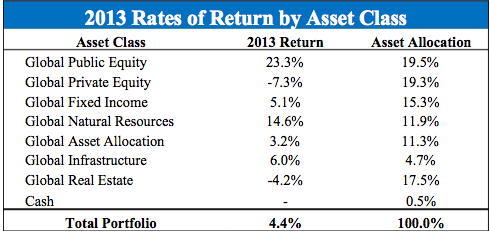You’ve heard of payday advances. But pension advances?
Believe it or not, businesses are popping up that allow retirees to do just that: “sell” a portion (or all) of their future retirement income in exchange for a lump sum of cash today.
The owners of these businesses admit that their service isn’t for everyone. But if you need to pay bills now, they say, then why not sell a portion of your pension for cash? More from Today:
Their pitch, aimed at military and government retirees with generous pension benefits and those with bad credit, is mighty appealing: cash now to pay today’s bills.
Of course, to get tomorrow’s money today, you have to sign over your future pension payments for a specified number of years.
Mark Corbett runs the website Buy Your Pension, which helps facilitate pension sales. He told TODAY that a pension advance is not for everyone, but he believes it can be beneficial for some people.
“You should not sell your pension unless it saves you money,” he said. “For example, you are using it to pay off bills.”
Four years ago, Corbett got an advance on his private pension — selling a $237,000 nest egg for $89,000 — to pay off his mounting bills. He called it “a godsend” that reduced his stress and probably added years to his life.
But critics say pension advance services are dangerous and financially unwise. The Federal Trade Commission, Financial Industry Regulatory Authority and other consumer protection agencies are already cautioning people to be know the implications of selling your pension. Today writes:
“There are serious financial consequences down the road for taking the money in a lump sum now,” said Gerri Walsh, FINRA’s senior vice president of investor education. “You are getting less money than if you waited and got those monthly pension payments.”
Unlike a traditional loan, you can’t get out of the deal early. If you signed up for a six-year payout, the company gets your pension for a full six years.
“A pension advance is unlike any other type of financing, because you’re required to sign over part of your future income stream,” said Leah Frazier, an attorney for the FTC.
“You could find yourself in a situation down the road where you need money for your basic expenses, but you don’t have it because you took it as an advance.”
And remember: Getting a lump sum pension payment is likely to have some serious tax implications.
“It could push you into a higher tax bracket,” said Lisa Greene-Lewis, lead CPA at TurboTax. “I could see people doing this and getting shocked by the additional taxes they now have to pay.”
The Government Accountability Office (GOA) recently did some secret shopping at nearly 40 pension advance businesses. Based on their experiences, they released a report indicating that they’d found numerous “questionable business practices”.
Last month, Missouri banned pension advances for public employees. They are the only state thus far to do so.
Photo by:











